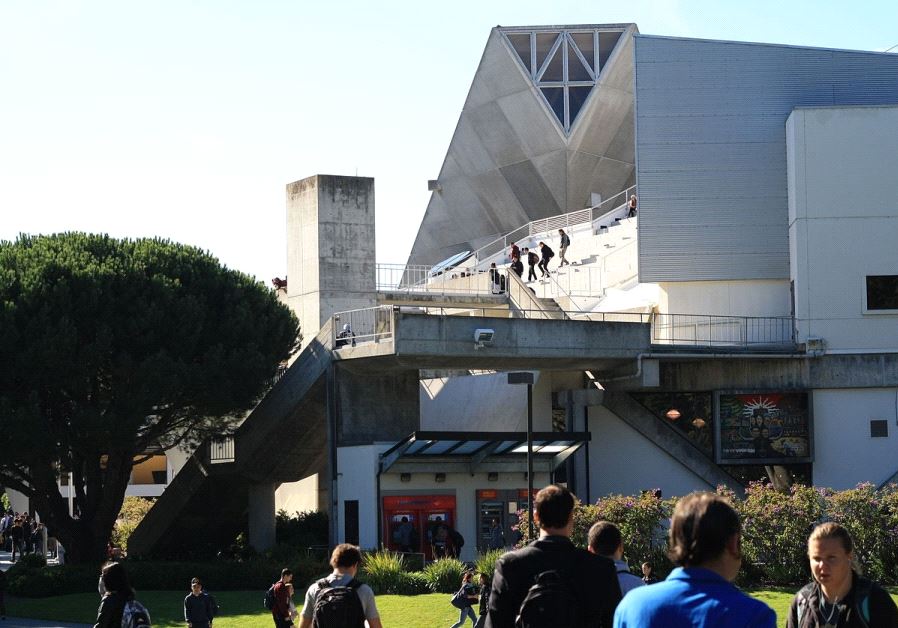NGO in antisemitism case: Giving JVP a seat and not Hillel is still discrimination
The Lawfare Project has brought a suit alleging discrimination and antisemitism against San Francisco State University.
 San Francisco State University - Cesar Chavez Student Center(photo credit: WEBBI1987 BY CC BY-SA 3.0 / WIKIMEDIA COMMONS)Updated:
San Francisco State University - Cesar Chavez Student Center(photo credit: WEBBI1987 BY CC BY-SA 3.0 / WIKIMEDIA COMMONS)Updated: